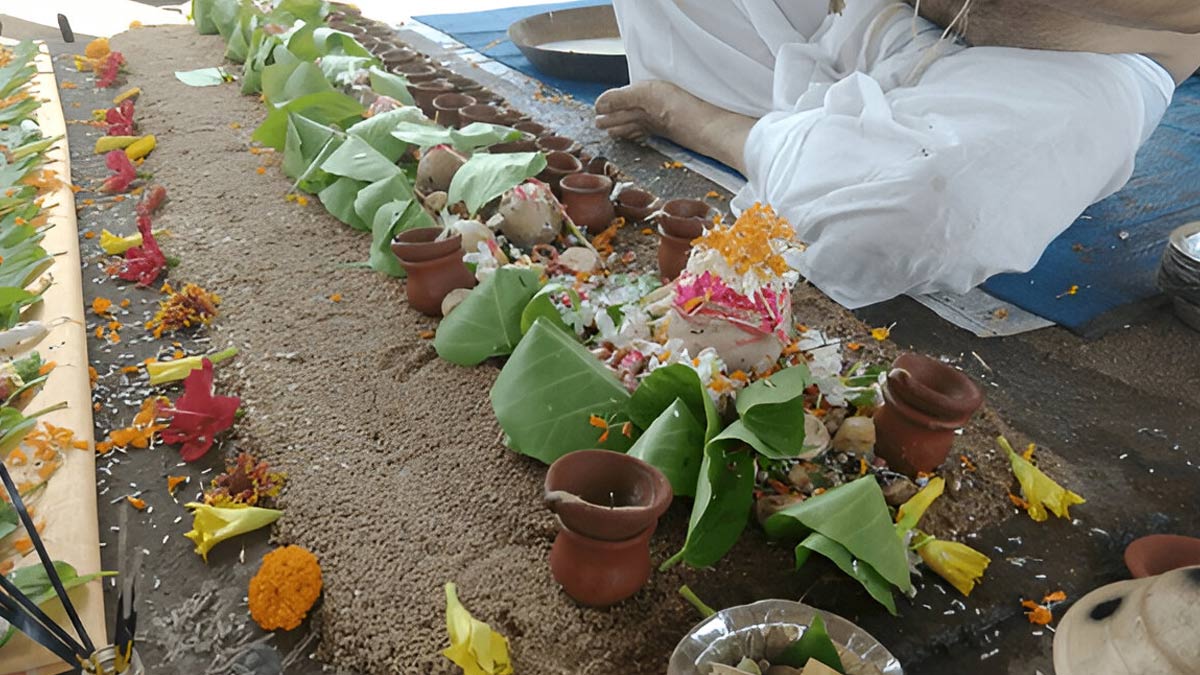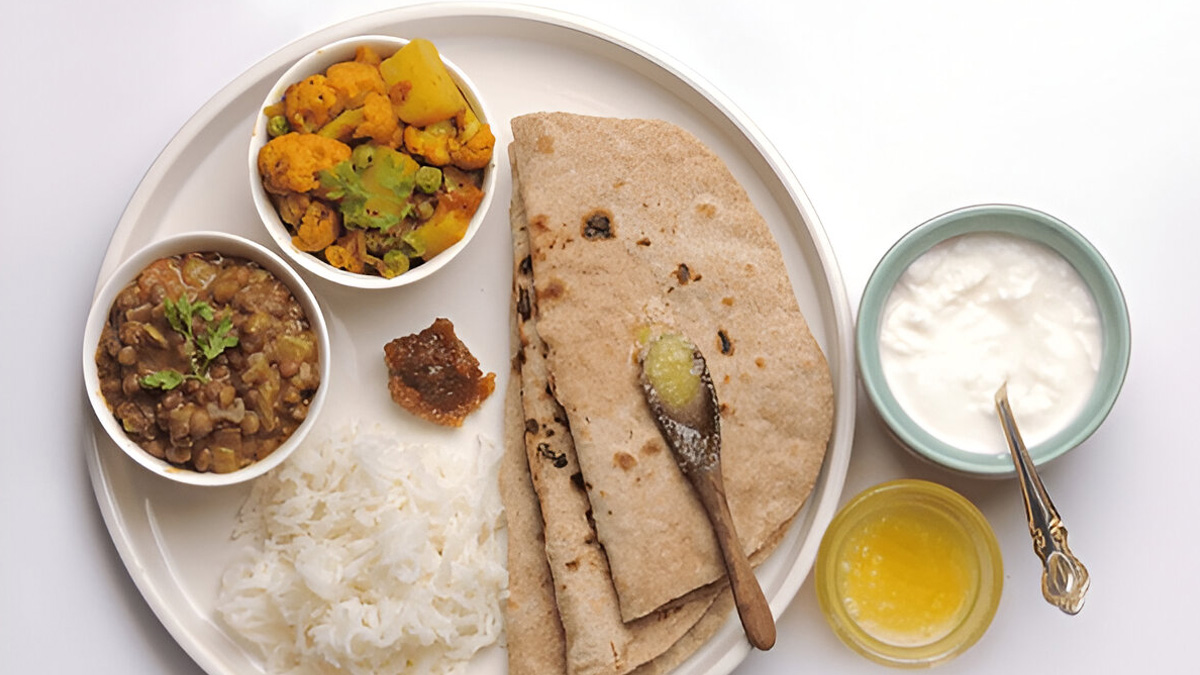
Shradh, which will commence on September 7 and conclude on September 21, is an important period in the Hindu calendar dedicated to paying respect to ancestors. It is also a time when many households observe certain food restrictions. Traditionally, people avoid spicy, fried, and junk food during Shradh. While these practices have cultural and spiritual significance, they also have strong health reasons behind them. Here's a look at why such foods are avoided during this period.
Table of Content:-
Why Spicy And Fried Foods Are Avoided During Shradh

Spicy and oily foods are harder to digest compared to simple home-cooked meals. Excessive use of oil, ghee, and heavy spices can lead to acidity, bloating, indigestion, and even heartburn. Since Shradh is considered a period of simplicity and sattvic living, eating light and easily digestible meals supports both spiritual practices and physical health.
Also Read: Pitru Paksha: Here's What To Eat And What To Avoid During This Time
In simple terms, a sattvic lifestyle emphasises purity, balance, and nourishment for the body, mind, and spirit. This is done primarily through a diet comprising fresh, whole, vegetarian foods like fruits, vegetables, grains, and nuts.
A recent study published in Nutrition & Diabetes highlights that the yogic/sattvic diet, which is plant-based, low in fat, and mindful, may help reduce inflammation, improve insulin resistance, support gut health, and regulate blood sugar in type 2 diabetes.
However, while early findings are promising, more research is needed to understand how it works at a deeper level.
Moreover, fried and spicy foods can irritate the stomach lining, increasing the risk of gastritis or acid reflux, especially in people with pre-existing digestive issues. By avoiding them, the body gets a chance to rest and maintain balance.
Junk Food And Its Impact on Health
Junk food such as packaged snacks, fast food, and sugary beverages is usually high in refined flour, trans fats, salt, and sugar. These foods are low in nutrients and can cause spikes in blood sugar levels, make you sluggish, and lead to unwanted weight gain. During Shradh, when simplicity and purity are two key aspects, consuming junk food goes against the idea of nourishing the body in a wholesome way.
Eating junk food regularly also increases the risk of long-term health issues like high cholesterol, diabetes, and hypertension. By steering clear of it during Shradh, individuals can give their body a much-needed detox from unhealthy eating patterns. Research shows connections between junk food and increased risks of cancer, mortality, and even mental health issues like depression.
Also Read: From Samosas To Vada Pav: 5 Popular Indian Snacks You Should Avoid For Better Health
The Link Between Food And Mental Calmness

Shradh is not just about rituals; it is also a time for reflection, prayer, and mental peace. Heavy, greasy, or spicy foods can make one feel lethargic and uneasy. It can disturb your concentration levels during rituals. On the other hand, sattvic foods like fruits, vegetables, rice, dal, and fresh dairy are light, easy to digest, and help maintain mental clarity.
In Ayurveda, sattvic food is believed to promote calmness, positivity, and focus. This is in line with the spiritual purpose of Shradh, which requires both body and mind to be in sync.
Supporting Immunity During Seasonal Change
Shradh usually falls around the time when seasons are changing, making the body more vulnerable to infections and allergies. Eating fried and junk food during this sensitive time can weaken immunity and make the body more prone to colds, coughs, and stomach problems.
Instead, consuming freshly prepared, simple meals rich in nutrients supports immunity, keeps digestion strong, and helps the body adapt better to seasonal changes.
Conclusion
Avoiding spicy, fried, and junk food during Shradh is not just a religious ritual; it also has strong health benefits. These foods are heavy, difficult to digest, and can harm both physical and mental well-being. By choosing sattvic, home-cooked, and nutritious meals, people can maintain better digestion, immunity, and mental clarity. This practice not only honours the spiritual essence of Shradh but also supports long-term health.
Also watch this video
How we keep this article up to date:
We work with experts and keep a close eye on the latest in health and wellness. Whenever there is a new research or helpful information, we update our articles with accurate and useful advice.
Current Version